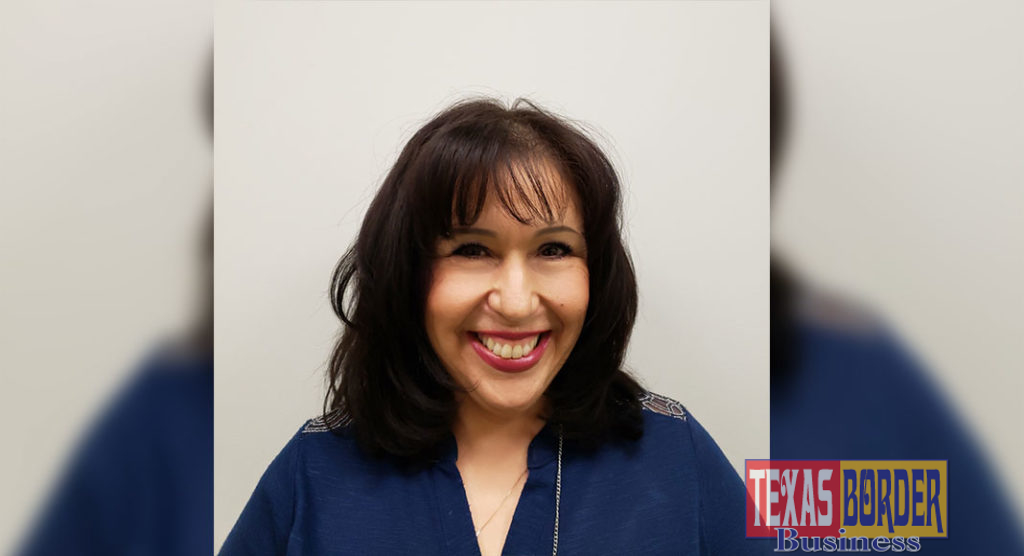
Texas Border Business
EDINBURG, Texas — Mexicana, Chicana, and Latina activists have a long history of community activism to promote educational, economic and social reform in the Southwestern United States. To learn more about this history, the community is welcome to attend “Mexicana/Chicana/Latina Activism and Leadership: An Historical Overview,” a Sunday Speaker Series presentation featuring Maritza De La Trinidad, April 7 at 2 p.m. at the Museum of South Texas History. This presentation will highlight the various ways Mexicana, Chicana and Latina activists participated, led, and provided the leadership for various campaigns to improve conditions for
In Texas, as early as the 1830s, Mexicana and Tejana women advocated for Catholic schools to serve children in their communities. In the 20th century, activists such as Jovita Idar, Adela Sloss Vento, Emma Tenayuca and Gloria Anzaldua highlighted injustices and discrimination through their writings, social criticism,
De La Trinidad received her doctorate’s degree in history from the University of Arizona. She is an associate professor of Mexican-American Studies and history at the University of Texas-Rio Grande Valley and teaches undergraduate and graduate courses in Mexican-American Studies, civil rights, and educational history. Her area of expertise and research is Mexican-American history in the Southwest and U.S.-Mexican Borderlands including Mexican-American/Chicanx education, bilingual education, desegregation lawsuits, civil rights,














